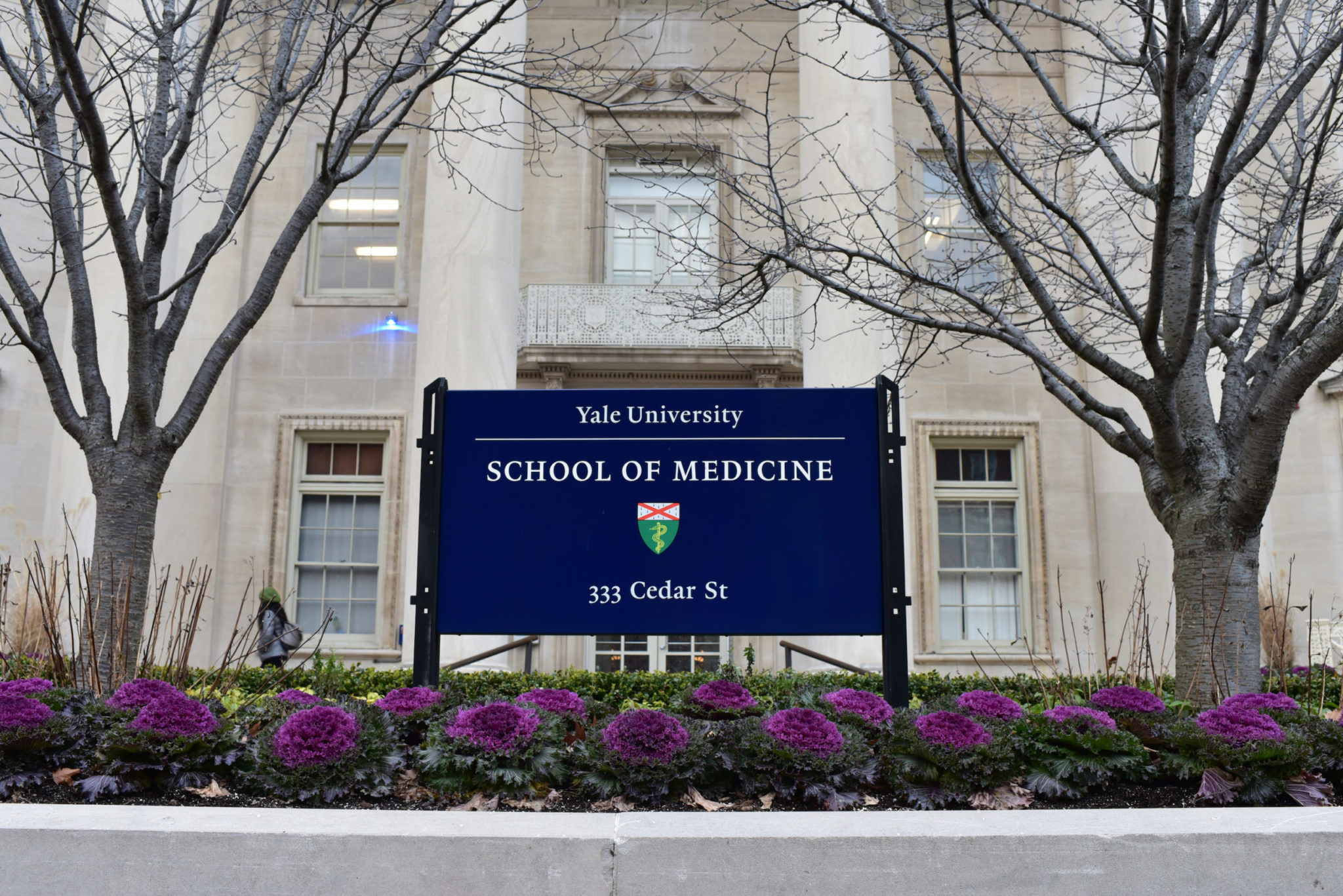
Ryan Chiao, Photography Editor
A recent study by Yale faculty in the Department of Psychiatry found a link between genetic risk for post-traumatic stress disorder in veterans and social factors such as attachment style.
Amanda Tamman — a former research assistant at the Child Study Center and now a research assistant at Columbia University — is the primary author in the study. The researchers used data from the Million Veteran Program, the largest genome-wide association study to date, which was promoted by the U.S. Department of Veterans Affairs. The study aimed to investigate the social and environmental underpinnings for the development of PTSD symptoms and how these might correlate with the pre-established polygenic risk factors — summaries of genetic risk for a certain condition.
“Things like social connectivity, attachment style and perceived social support have been important factors in mitigating the effect these genes can have on risk for PTSD,” Tamman said. “These factors can be really powerful and can moderate the effects of genetic variables.”
The researchers found that secure attachment styles can cancel high polygenic risk for PTSD. According to Tamman, the statistical analyses they performed demonstrated that the positive effect of attachment style was especially pronounced for a variant of the IGSF11 gene, which is responsible for the brain’s ability to adapt its structure — known as synaptic plasticity.
Synaptic plasticity has been linked to the development of fear and safety cues. Therefore the authors believe this phenomenon could have a strong link with the malfunctioning of PTSD patients’ safety cues. Patients usually have a difficult time controlling fear even in safe situations.
When asked whether the research implied causality between secure attachment and a decrease in polygenic risk, Tamman explained that the statistical methods used prevented the authors from making these inferences.
Yale School of Medicine associate professor of psychiatry and public health Robert Pietrzak, one of the study’s co-authors, further explained the relationship.
“It’s likely we are seeing a little bit of both: that the secure attachments may be protective, but also that people with high polygenic risk who have had PTSD are more likely to report an erosion of [social relationships].”
Pietrzak also commented on the strength of the effect that secure attachments can have on patients who have high polygenic risk scores. According to him, the presence of secure attachments practically nullifies the polygenic risk for PTSD, which is rare in these kinds of studies.
Tamman explained that the relationship between the data also allowed the authors to make predictions about how these two factors might impact each other in different ways.
“[The results] suggest that after early trauma, people with high polygenic risk may have this risk buffered by a secure attachment style,” Tamman said. “Whereas if you are living with chronic PTSD in the long term, these symptoms might erode your social support, regular attachment style, et cetera.”
Pietrzak is optimistic about the findings’ applications for therapy and future research. He believes that even though many papers have established the protective role of social connections in many psychiatric disorders, this has not yet been linked to the genetic aspects of the disease.
Daniel Levey, an assistant research scientist in psychiatry at the School of Medicine, commented on what he believes to be one of the study’s limitations.
“One area for improvement across all of genetics is greater inclusion of diverse ancestries,” Levey wrote in an email to the News. “Samples tend to be biased towards recruiting people from European ancestries largely because they are often in the majority where many of these studies occur (US and Europe).”
Levey also believes that the findings support the development of focused interventions that could improve veterans’ social connectivity. According to Pietrzak, programs within the VA such as “Vet-to-Vet,” which stimulate social interactions for veterans, help create the stronger social connections necessary to mitigate the genetic risk.
The authors hope that the study will open the doors to future research on the epigenetic effects of social connectivity and attachment styles on PTSD polygenic risk factors. Pietrzak believes one area to be explored is how polygenic risk factors might have implications on brain structure and symptoms from other psychiatric disorders.
Pietrzak said that studying polygenic risk scores in conjunction with environmental factors such as attachment styles allows scientists to understand the underpinnings of our psychology.
“[It is] when we try to harness the complexity of who we are, and how these things might be related to psychiatric phenotypes.” Pietrzak said.” I think we’re just scratching the surface of possibilities.”
According to the VA, between 11 and 30 percent of veterans experience PTSD symptoms in their lifetime.
Beatriz Horta | beatriz.horta@yale.edu







